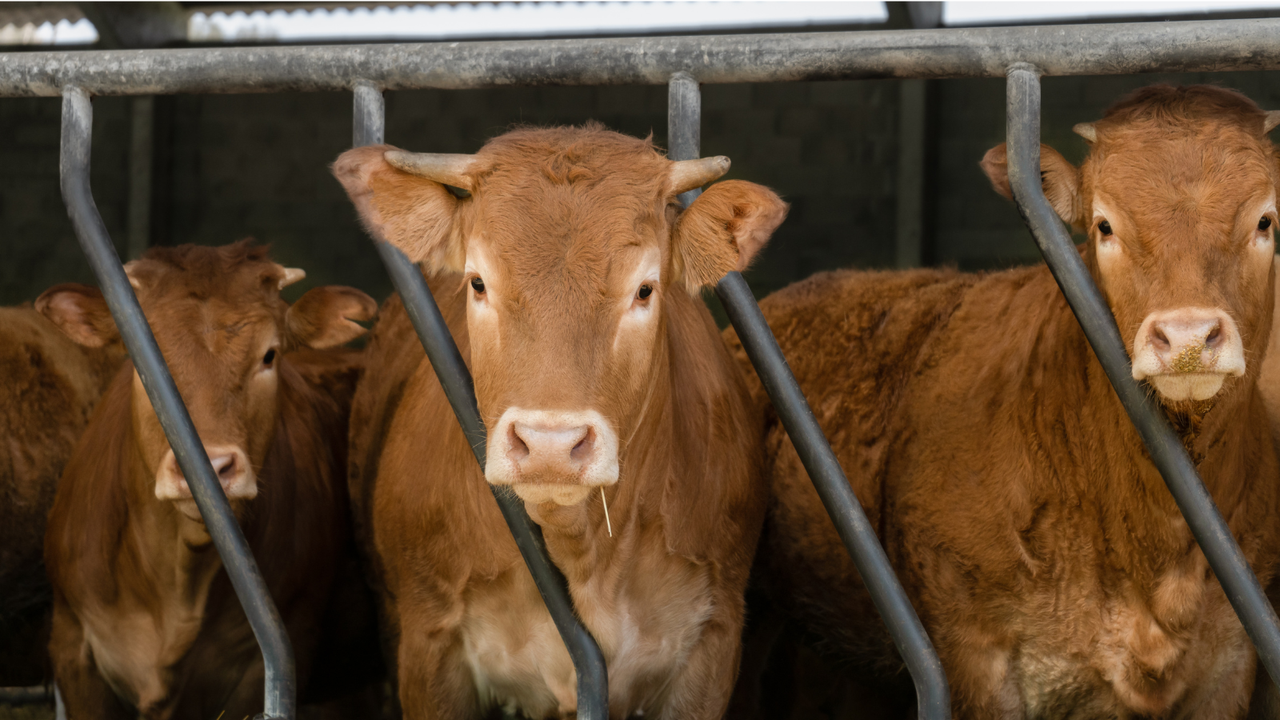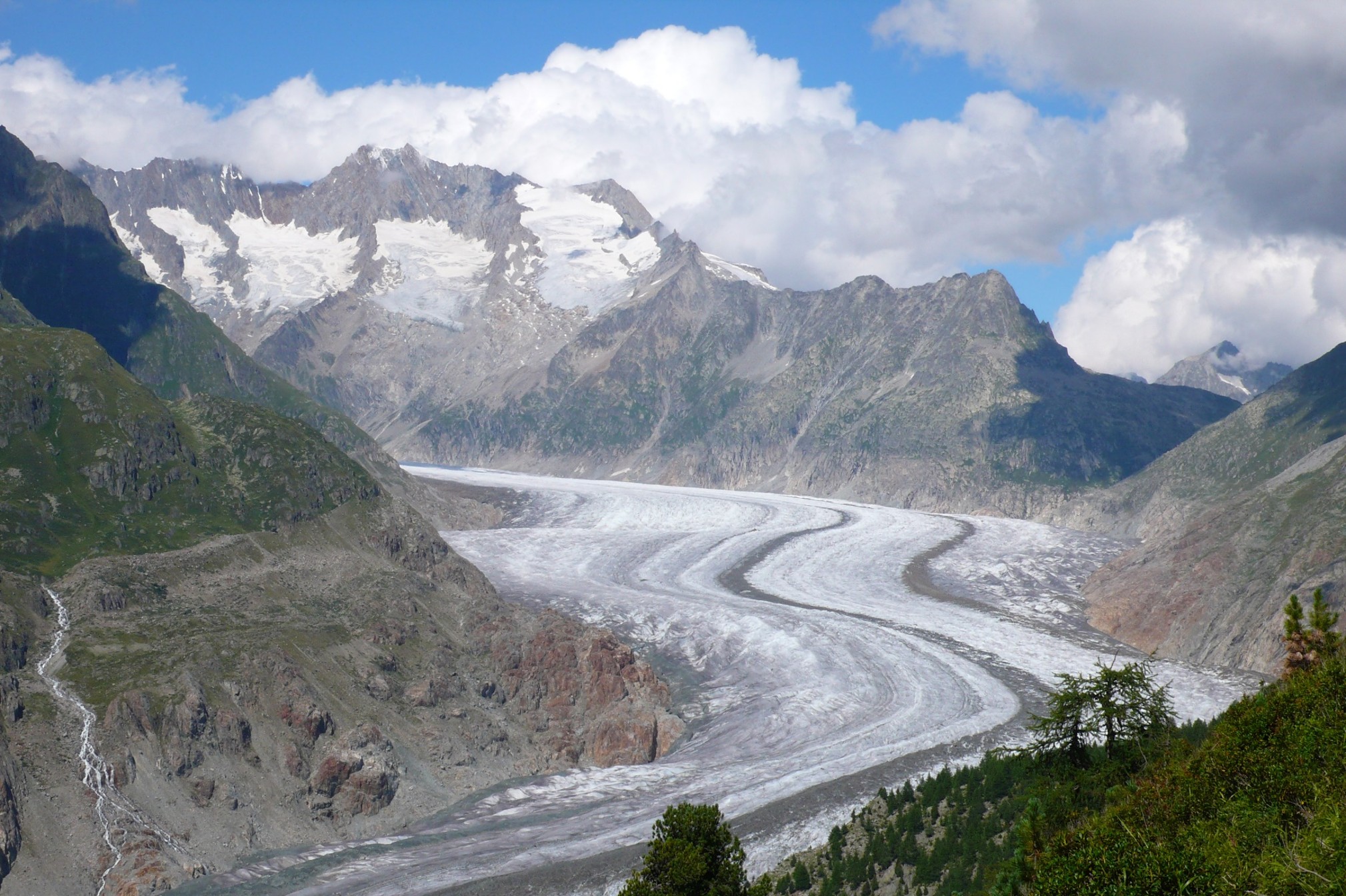Meat eaten by city-dwelling Americans produces more CO2 than the entire UK — but there are easy ways to slash it
PositiveScience

A new study reveals that the meat consumption of city-dwelling Americans generates more CO2 than the entire UK. However, there are simple strategies to significantly reduce this carbon footprint. By cutting food waste in half, opting for pork or chicken instead of beef, and designating one meatless day each week, U.S. cities could potentially decrease their carbon emissions by up to 51%. This is crucial as it highlights actionable steps individuals can take to combat climate change while still enjoying their meals.
— Curated by the World Pulse Now AI Editorial System





